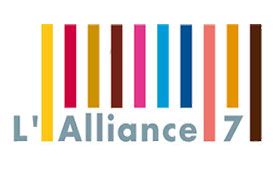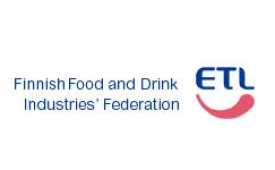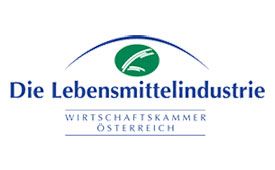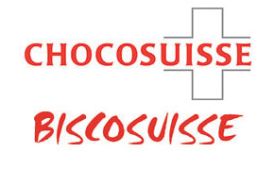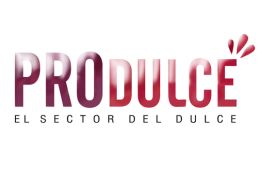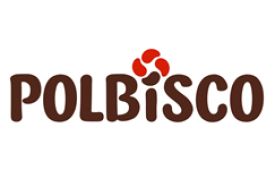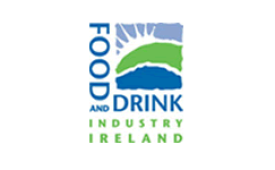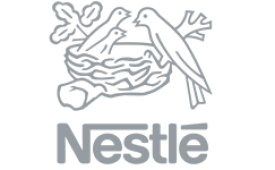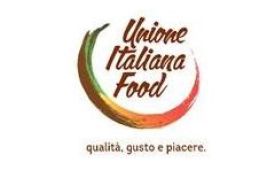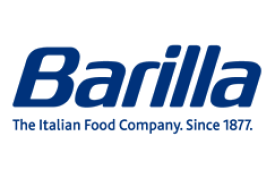June 27,2017 - CAOBISCO committed to further supporting sustainable development goals in its supply chains

Bring more transparency in the supply chain, intensify cooperation between all actors and better communicate on industry initiatives: some of the recommendations for CAOBISCO to continue its sustainability journey
Berlin, 13.06.2017 – CAOBISCO, the Association of Chocolate, Biscuits & Confectionery industries of Europe invited Friedrich Wacker (Deputy Director General, German Federal Ministry of Food and Agriculture), Leonard Mizzi (Head of Unit at the European Commission, Directorate-General for International Cooperation and Development), Wolf Kropp-Büttner (Chairman of the German Initiative on Sustainable Cocoa), Martina Fleckenstein (Director Agriculture & Land Use Change, WWF Germany) as well as industry representatives Martin Gilmour (Cocoa Sustainability Director of Research and Development for Mars Chocolate) and Stefano Severi (Product Sustainability Manager at Ferrero) to a Roundtable on “Raw materials in the confectionery industry: how we support sustainable development goals in our supply chain”.
With a focus on cocoa and palm oil, the purpose of the Roundtable was to debate how to bring continuity to industry actions promoting sustainability and how can political processes support it in a targeted manner.
Alessandro Cagli, President of CAOBISCO presented the five-step approach that was inspired by the Association’s long-term journey on the road of sustainability:
-
Understand: assess the situation, understand the supply chain, identify the different actors
-
Engage: gather the different actors (including local authorities) and seek way forward to create a Public Private Partnership (PPP)
-
Empower: stimulate local resources, communities and farmers to enforce the project
-
Act: implement actions where we are able to make the difference
-
Monitor: regularly check progress and provide necessary readjustments
Deputy Director General, German Federal Ministry of Food and Agriculture, Friedrich Wacker, underlined the key role that businesses play in responsible sourcing. Consumers expect the food industry to bear responsibility for the way that raw materials are extracted and produced.
The ensuing debate highlighted key elements needed to continue the journey towards more sustainable supply and value chains:
• Transparency: The different speakers acknowledged the complex and international nature of the value and supply chains. However, WWF Germany representative, Mrs Fleckenstein, underlined the need for more transparency in the supply chains for instance, on tracking deforestation and on the availability of segregated palm oil. « Commitments are important, but more important is to implement transparent and sustainable supply chain for palm oil and also for cocoa. »
-
Multi-stakeholders dialogue: CocoaAction and GISCO (German Initiative on Sustainable Cocoa) were notably cited as good examples of initiatives and partnership between governments, businesses and the civil society. Mr Wacker said «Furthering cooperation and trust between all stakeholders in the supply chain requires intensive dialogue. Pooling the individual activities by the various parties and coordinating these with the producing countries leads to greater sustainability and turns multi-stakeholder fora into true success stories. »
-
SMEs engagement: Creating multi-stakeholder platforms gives governments the means to create enabling environments, make the link with local governments and sit all the players around the table. SMEs were encouraged to engage as well on the journey. We all have to step together.
- < >: All speakers agreed that the industry should communicate more about both their success stories their challenges, among the NGO and government communities. Improving and harmonising the communication towards consumers was another recommendation. It was also mentioned during the discussions that misleading and confusing messages to consumers (such as the “no palm oil” claims) should be avoided.< >: Mrs Fleckenstein called onto the industry for less commitments and more action. She stressed the need for timebound action plans and monitoring. *
More quotes:
Friedrich Wacker, German Federal Ministry of Food and Agriculture
-
Achieving the 17 sustainable development goals serves as a guiding principle and fundamental goal for political action in Germany. This should be a sustainable development that applies for the entire value chain, such as deforestation-free supply chains.
Leonard Mizzi, European Commission
-
The EU will continue prioritising the importance of inclusive and sustainable approaches as agreed in the 2030 Agenda Sustainable Development Goals, by focusing on sustainable production, sustainable consumption and decent work. There needs to be intensified cooperation on responsible business conduct. Economic empowerment of rural women and gender equality are central to ensuring economic growth and sustainable development. Special attention will be paid to gender equality in line with the Gender Action Plan 2016-2020. In particular, there will be a focus not only on promoting rural women’s access to economic resources for agribusiness - such as land, credit and technical capacity building - but also on ensuring that they are empowered so that they can use and benefit from these resources; this is the essence of gender transformative development.
Martin Gilmour, MARS
-
Cocoa Sustainability Director of Research and Development for Mars Chocolate, , ‘There is no quick fix, but partnerships among chocolate companies, governments, NGOs and farmers are essential to the future viability and quality of the world’s cocoa crop.
Stefano Severi, Ferrero
-
As a Global Company with leading Brands, Ferrero is committed to be actively part of the transformation and sustainable development of the Palm Oil Industry. We take full responsibility of the sustainability of our palm oil supply chain, therefore our commitment does not stop at achieving 100 % of RSPO Segregated Palm Oil. The Ferrero Palm Oil Charter goes beyond certification and requires e.g. Full Grower Traceability as the first step towards understanding where problems arise and working on solutions.
Wolf Kropp-Büttner, the German Initiative on Sustainable Cocoa (GISCO)
-
Within GISCO, we reached a fruitful and objective oriented collaboration based on trust among the different actor groups represented in GISCO:the German government, the civil society, the confectionery industry and the retail grocery trade.This was not easy, especially at the beginning, and the different actors had to learn to understand roles and interests of their partners.
-
GISCO as a precompetitive initiative has excellent and close relations to the governments, the German as well as the governments, especially Cote d'Ivoire, in our partner countries, which is a great asset for our work.
Martina Fleckenstein, WWF Germany
Sustainably produced Palm Oil is available, take action now. -

